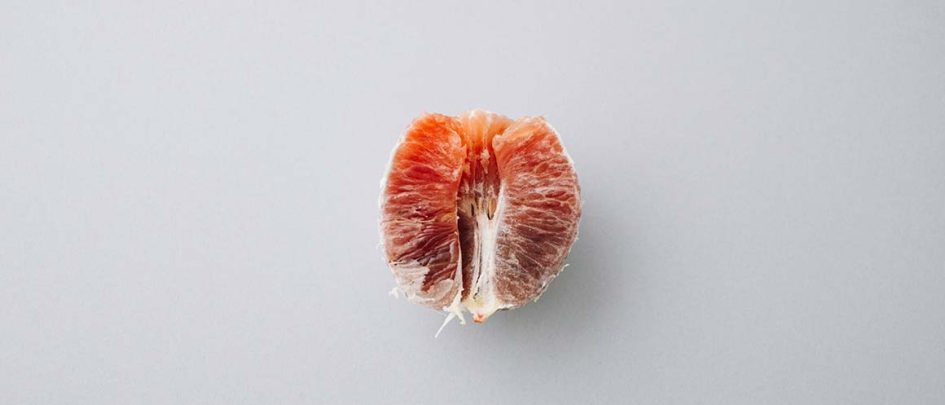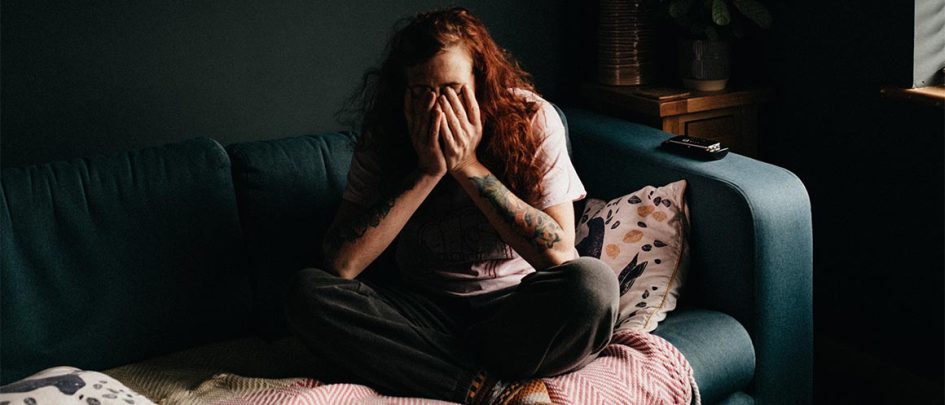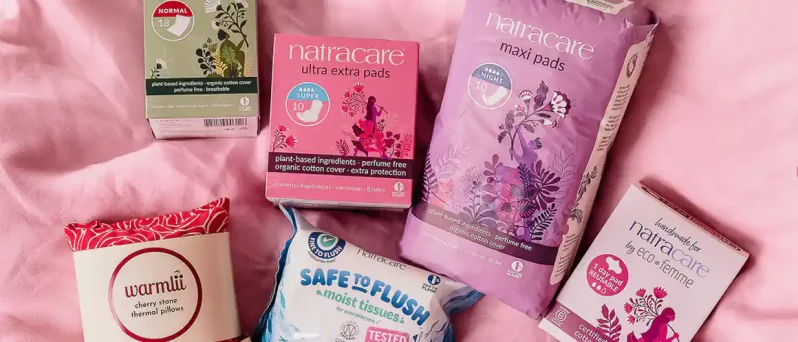Affecting nearly 500 million people globally each month, period poverty impacts people who mensturate everywhere. Period poverty describes the lack of access to affordable and safe tampons or pads. Yet because the burden goes beyond access, free period products alone won’t solve period poverty. It also relates to challenges of sanitation, stigma, housing security, and more.
As we combat period poverty’s consequences, we must also think of the environmental impact of period products to avoid adding another burden to disenfranchised communities.
Globally, period poverty intersects with other forms of disadvantage, including poverty and geography. It costs young girls their education, it impacts their ability to fulfil their potential and affects their ability to secure a decent job and lift their families out of poverty.
– Amika George, founder of Free Periods campaign
Period equity with the planet in mind is the goal. Tackling the taboo and providing free period products is only part of the equation. To truly help people and put in place a sustainable, viable solution, we must also focus on increasing the accessibility and affordability of natural and organic period products that don’t cause environmental harm.
Here are three reasons why a sustainable solution is essential to period equity:
Clean Ingredients in period products
Many conventional menstrual products are harmful to the environment. Most Lack any kind of transparency when it comes to ingredients. Pads and tampons contain chemicals of concern that are unnecessary. Not only this, but there is also an increased likelihood of health issues with period poverty, such as vaginal and reproductive tract infections. This creates a greater need for period products with clean ingredients in the fight for period equity.
Natracare is taking action with Women Voices for the Earth for universal ingredient transparency and safer period products. This also aims to make organic and natural period products more accessible for everyone.
Plastic Pollution in period products
In addition to the exposure to chemicals of concern, many menstrual products are laden with plastic. For example, plastic applicators, including some “bio-plastics”, pollute waterways, streets and beaches. This disproportionately impacts BIPOC and low-income communities that have under-funded waste disposal systems. A recent study found that nearly 80% of incinerators in the United States are in these communities.
This is one reason why plastic free period options must be the norm, to prevent further plastic pollution impacting the same communities in the long run.
have a plastic free period
We believe that plastic free period products should be available to everyone, but are aware this isn’t yet a reality. If you can choose your period products, we recommend choosing plastic free!
Find out more
Climate Change
Climate change is predicted to unequally and deeply impact poorer people, who already have more economic and health vulnerabilities. Those in poverty will be more exposed to the compounding effects of a rapidly changing climate. And these stressors will create more burdens that keep people in poverty.
We must thoroughly and whole-heartedly, use soft ecological footprints to combat period poverty if we don’t want to add more stress to the system.
Solution: True Period Equity
True period equity addresses the issue of period poverty and the lack of access, as well as the need for a sustainable solution to conventional period products. Organic and natural products need to be affordable so everyone in all financial positions have access to them. Because all people with periods should be able to choose better for themselves and for the environment.
Natracare fights period poverty with partnerships to organisations that aim to eradicate the underlying causes. We donate our organic and natural products to period organizations that provide free products to those who need them; and by supporting policy changes that elevate the quality and sustainability period products for all.
Learn more about Natracare’s partnership with WECF so you can help us to help end period poverty.












